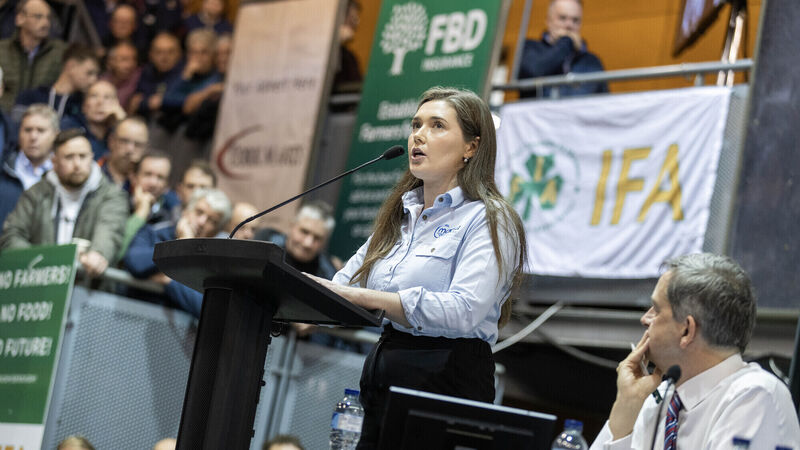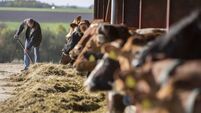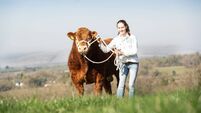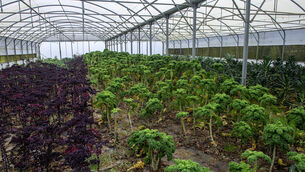Losing derogation will be catastrophic, IFA meeting told

Macra president Josephine O’Neill told the IFA meeting in Corrin Mart in Fermoy that failing to renew derogation for farmers will force land prices up. Picture: Finbarr O'Rourke
Losing the nitrates derogation would be “catastrophic” for Irish farmers, was the main point hammered home following the Irish Farmers’ Association (IFA) Nitrates Derogation meeting.
Industry leaders and farmers alike united in Cork on Monday night, emphasising the catastrophic effect the loss of the derogation could have on our indigenous industry at the national meeting.











